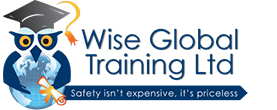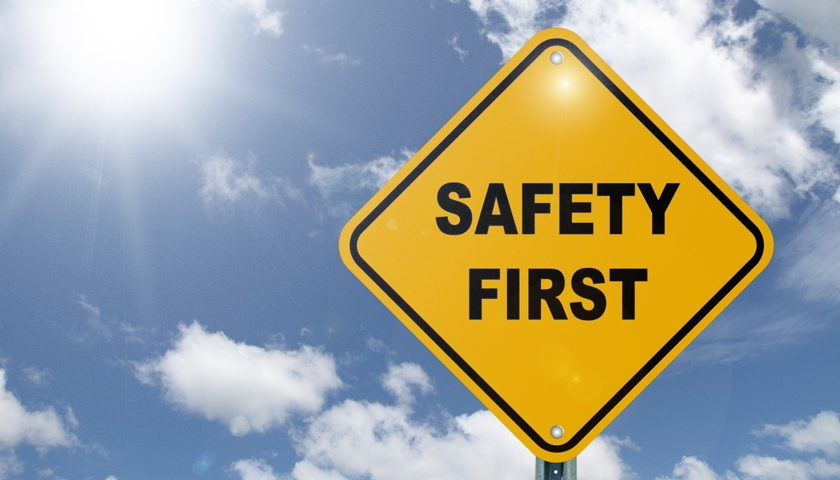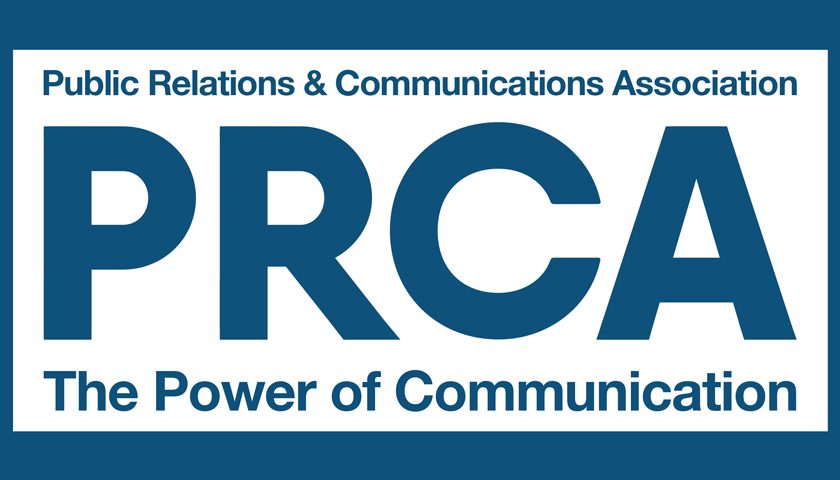This post here isn’t directly about marketing, ethical or otherwise, but is about another aspect of ethical business, and I felt that it might be of use and value to some people. It is written by Dave Newgass is the owner and Managing Director of Wise Global Training Ltd.
Having a sound employee health and safety management system in the workplace can offer organizations several benefits that cover different important aspects. These include:
- Legal
- Financial
- Employee productivity and morale
- Ethical
Of the four facets, the moral side of having a good workplace safety and health program seems to be the less discussed. However, devising and implementing a health and safety management system based on ethics can have a significant impact on the workplace. This is due to the following important reasons:
1. Individual and social human rights play a role in employee welfare.
The influence of ethics on in the workplace stems from existing underlying principles. These include the right to life and the right to physical integrity. These principles can be found in different important international human rights documents and professional codes of ethics and conduct.
They are also stated or mentioned in various recommendations and guidelines that came from decisions accepted and endorsed by international organizations. Some of the more notable documents and declarations include:
- The 1948 Universal Declaration of Human Rights (which is followed or adopted by the United Nations)
- The European Convention for the Protection of Human Rights and Fundamental Freedoms (Council of Europe 1950)
- The 1966 United Nations International Covenant on Civil and Political Rights
- The International Code of Medical Ethics (1949–1968)
As such, it is the right of every working individual to feel and be physically safe and sound in the workplace. It is the obligation of all employers to safeguard the life and the health of their employees and respecting human dignity.
This can be done by implementing key ethical principles and the corresponding actions or practices in the occupational health and safety policies and programs.
2. Ethics and corporate social responsibility are interrelated.
All organizations have a corporate social responsibility towards their customers, shareholders, the local community, and of course, their employees. The fulfillment of these obligations often ensures the continuing sustainability of a company.
Most leaders in occupational health and safety agree that having a safe workplace helps to lay the foundation for employers to accomplish these obligations. Organizations that prioritize workplace safety often produce favorable ethical outcomes such as:
- Impartiality
- Better communication and workplace relationships
- Improved sensitivity in the worksite
- Enhanced organizational support
- Better management integrity
In return, companies can experience organizational excellence and reliability in strategic, economic and operational performance.
3. Ethics play a significant role in workplace safety performance.
In research conducted by E.A. Kapp, it was found out that even in a setting where safety was not a top priority for management, first-line supervisors who value safety can make a positive difference in the workplace. Leaders who are “role models” can influence the mindset, behavior and actions of employees in terms of workplace safety culture.
On the other hand, leaders and supervisor who do not place any importance on safety can reduce any positive influence coming from the top.
As such, a workplace with leaders that are committed to upholding important health and safety principles can inspire employees to do the same. They can be agents of change and advocate the health and safety responsibilities of employers.
This foundation, in principle, may be the greatest strength that safety can offer to organizations interested in ethics. Because of this, the workplace will ultimately be safer for all employees.
All employees expect their employers to always act responsibly. They want their employers to prioritize health and safety in the workplace above and beyond other aspects and concerns of the business.
Safety laws and legally mandated procedures can effectively minimize risk and control hazards. But the fear of being on the receiving end of fines and penalties, and even the loss of a business license for violating these laws, should not be an organization’s primary motive for implementing a good health and safety program.
Employers should do more to properly protect and ensure the welfare of their employees all the time. This responsibility, and all corresponding actions, should go beyond the basic, required legal rules.
Links
https://wiseglobaltraining.com/
https://wiseglobaltraining.com/key-benefits-of-providing-health-and-safety-training-for-employees/
http://www.un.org/en/udhrbook/pdf/udhr_booklet_en_web.pdf
http://www.sciencedirect.com/science/article/pii/S0925753511003018
https://wiseglobaltraining.com/health-safety-training/employers-responsibility-for-training
Author Bio
 Dave Newgass is the owner and Managing Director of Wise Global Training Ltd. Born and raised in a small California coastal fishing town but now living in the United Kingdom, Dave’s goal is to ensure that clients are not only happy with the IOSH and NEBOSH online courses they purchase from Wise Global Training Ltd., but are also happy with the total experience as a whole.
Dave Newgass is the owner and Managing Director of Wise Global Training Ltd. Born and raised in a small California coastal fishing town but now living in the United Kingdom, Dave’s goal is to ensure that clients are not only happy with the IOSH and NEBOSH online courses they purchase from Wise Global Training Ltd., but are also happy with the total experience as a whole.
This article was written by, and is (c) Dave Newgass. All opinions, recommendations and views expressed in this article are solely those of Dave Newgass.



